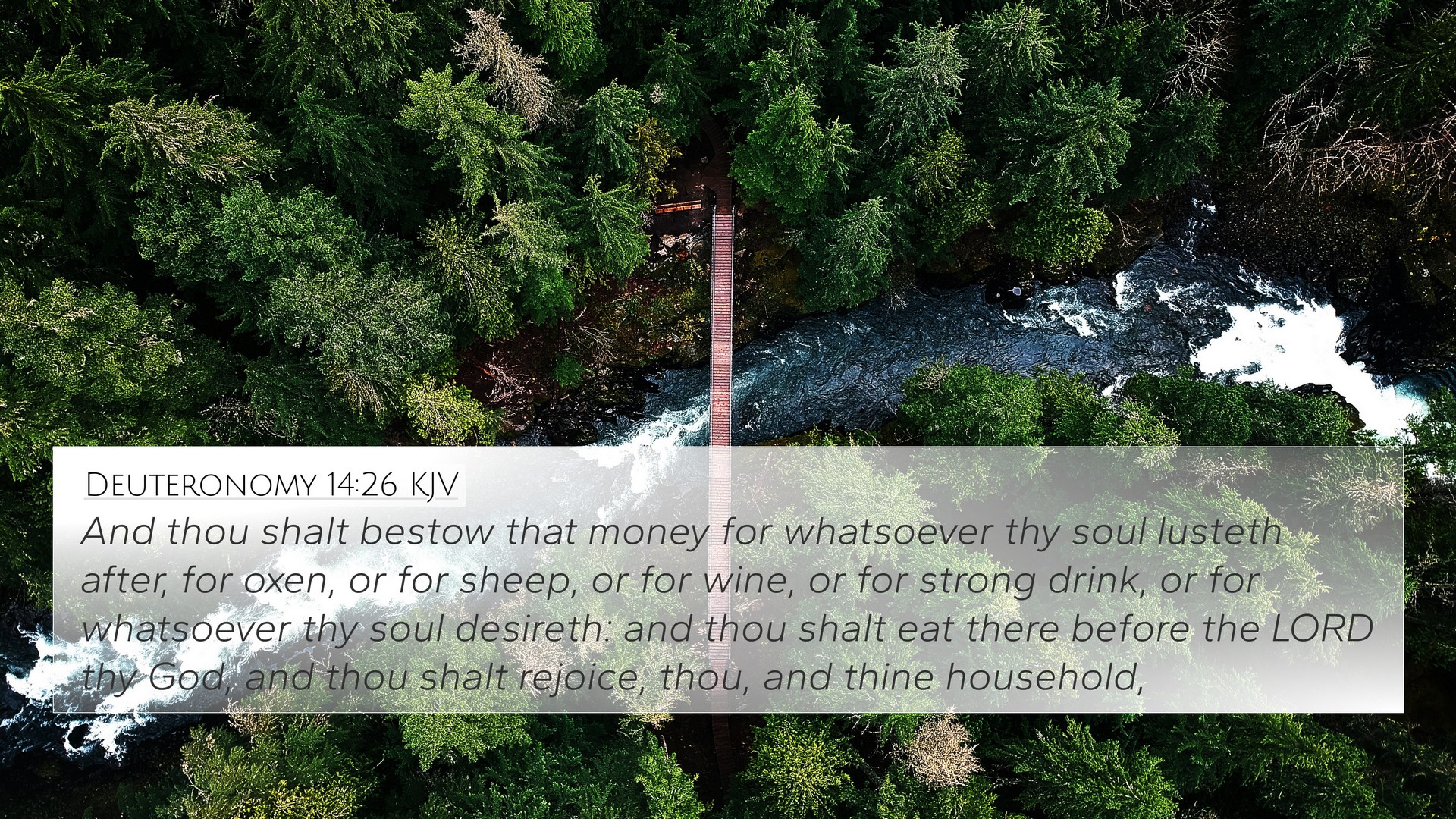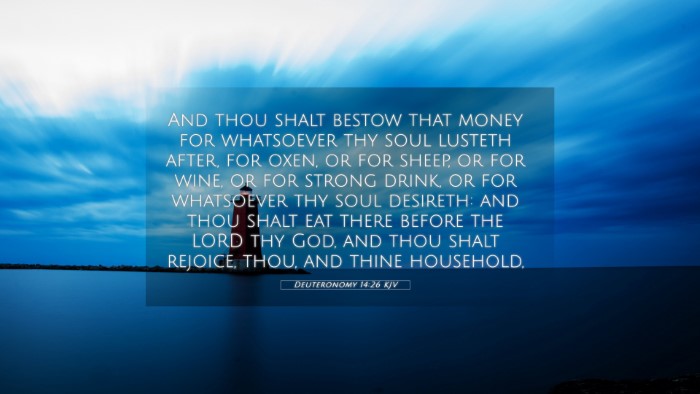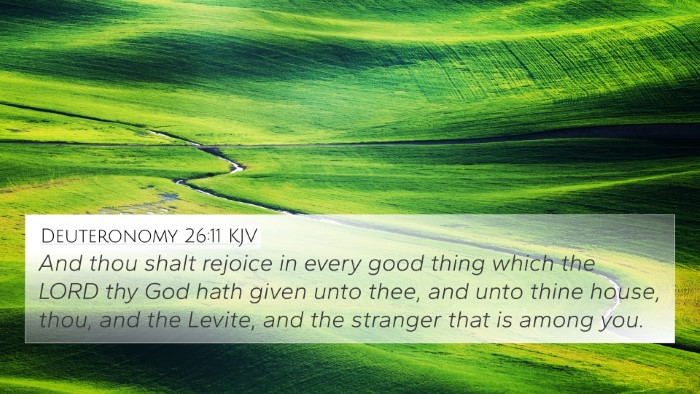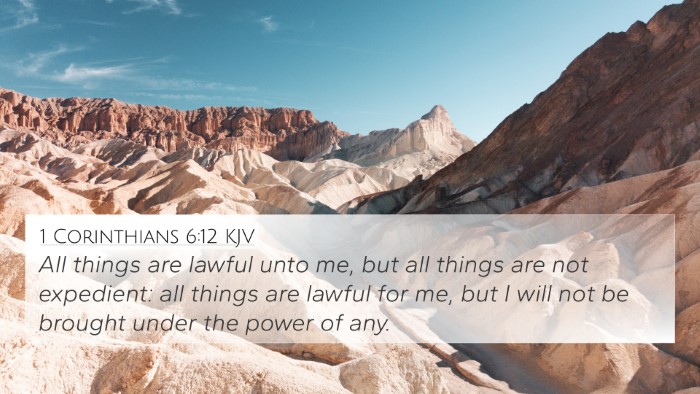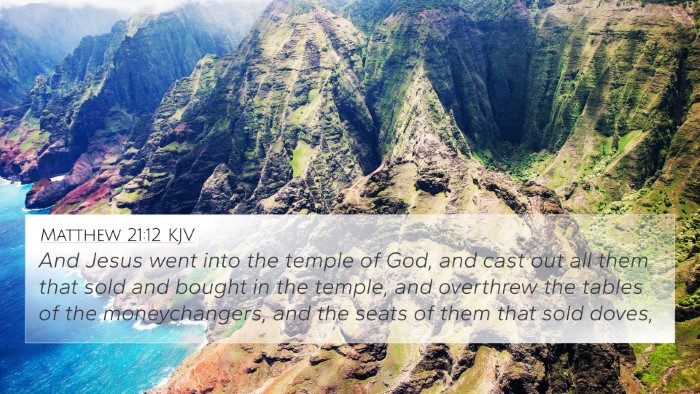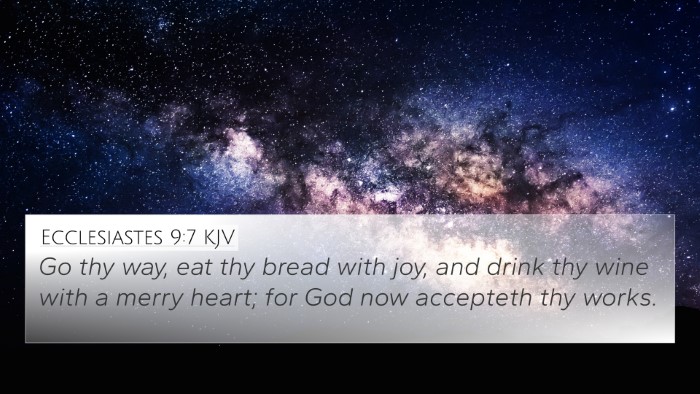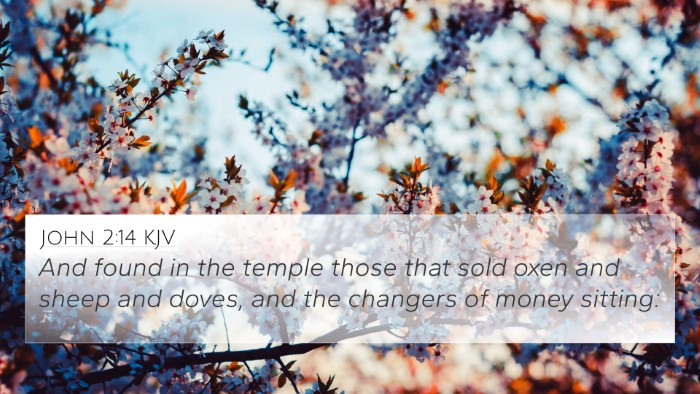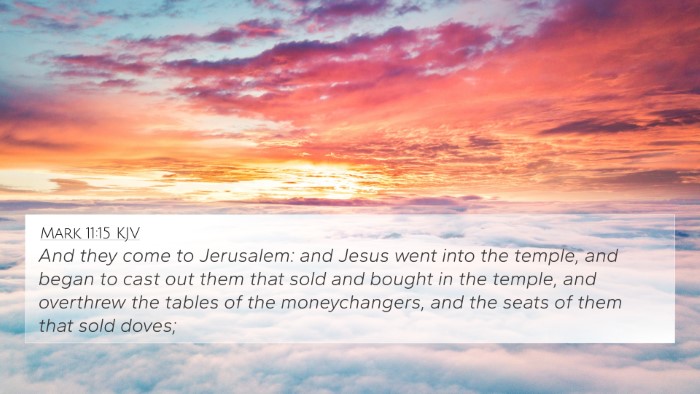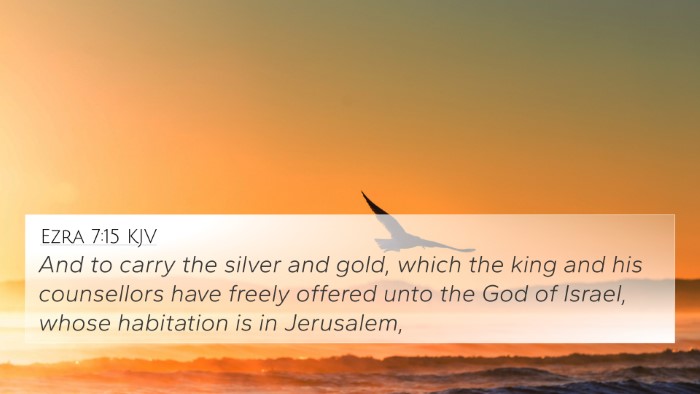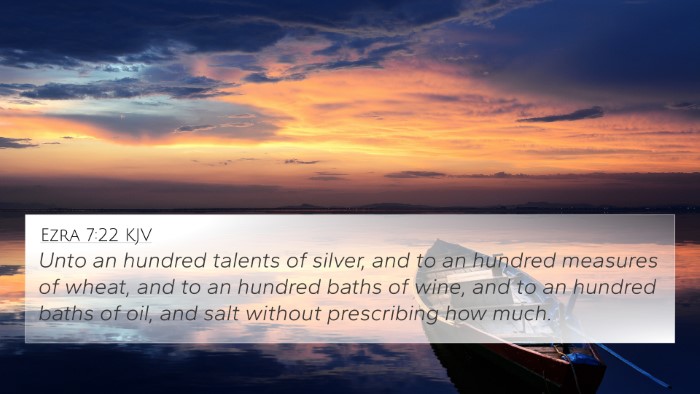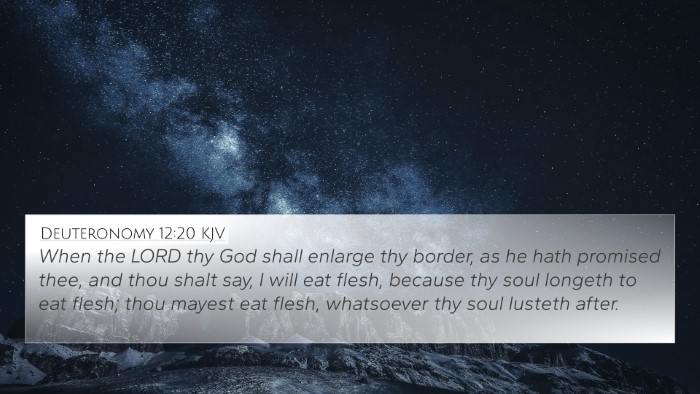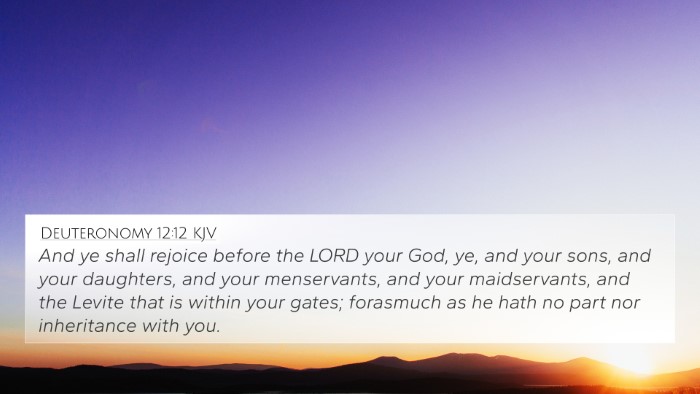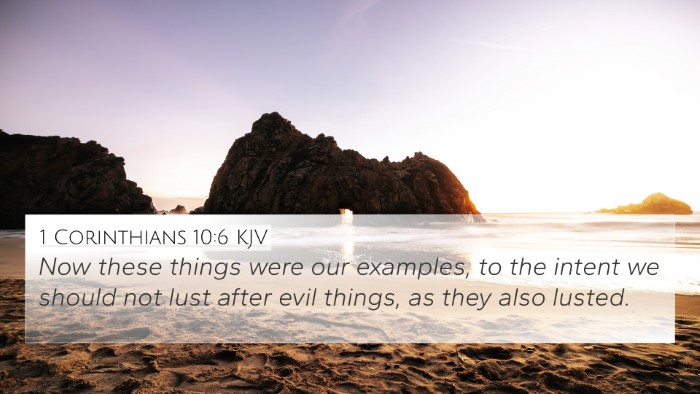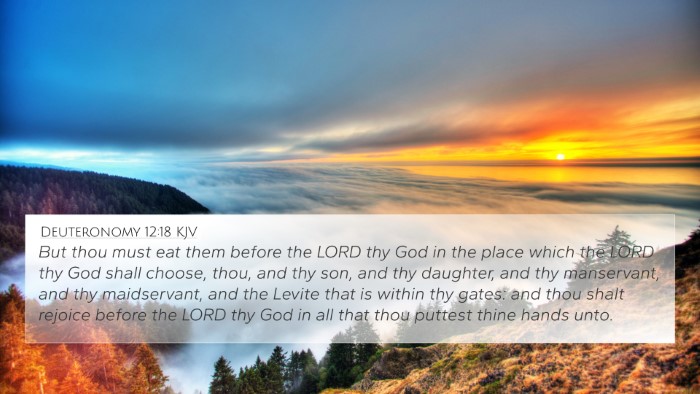Understanding Deuteronomy 14:26
Deuteronomy 14:26 states, "And you shall spend that money for whatever your heart desires: for oxen or sheep, for wine or strong drink, for whatever your heart desires; and you shall eat there before the Lord your God, and you shall rejoice, you and your household." This verse is significant as it speaks to the theological foundations of joy, stewardship, and worship in the life of the Israelite people. Below, we explore the meaning of this verse through the insights of prominent public domain commentaries.
Insights from Commentaries
-
Matthew Henry's Commentary:
Henry emphasizes that this provision reveals the merciful nature of God, who wants His people not only to fulfill religious obligations but to enjoy the blessings of life. The emphasis on spending money on what the heart desires reflects God’s understanding of human joy and satisfaction in celebration.
-
Albert Barnes' Commentary:
A central theme in Barnes’ interpretation is the concept of communal celebration and worship. He points out that this regulation fosters a sense of community and unity among the Israelites as they gather to partake in shared feasting before God. The provision serves as a reminder of the blessings bestowed upon them.
-
Adam Clarke's Commentary:
Clarke elaborates on the types of offerings indicated in the verse, interpreting wine and strong drink as indicating a spirit of gladness. He advises that it symbolizes the joy that comes from a generous heart, indicating that God desires His followers to partake in physical and spiritual nourishment.
Thematic Connections
The themes of joy, community worship, and the divine provision are interconnected throughout the Scripture. Additionally, this verse underscores the importance of enjoying the bounty God provides while also reflecting on one’s relationship with the Lord.
Cross-References for Deuteronomy 14:26
This verse connects with several other scripture passages that share similar themes:
- Leviticus 23:22: The commandments regarding feasting and the gathering of blessings.
- Psalms 116:12-14: Thankfulness for blessings and the call to fulfill vows in response to God’s goodness.
- Ecclesiastes 3:13: The enjoyment of food and drink as a gift from God.
- Isaiah 25:6: The imagery of a feast as a representation of God’s provision for His people.
- Malachi 3:10: The exhortation to bring tithes and offerings into the house of the Lord for blessings.
- Matthew 6:33: Seeking first the kingdom of God and His righteousness, which encompasses all these provisions.
- John 10:10: Jesus speaks of life abundantly as a promise to His followers.
- 1 Corinthians 10:31: Doing all things for the glory of God, including enjoying food and drink.
Connecting Biblical Texts
These connections between Bible verses create a rich tapestry of understanding that reflects God's desire for joy and community among His people. Here are some tools for Bible cross-referencing to facilitate deeper understanding:
- Bible Concordance: Useful for finding specific words and their occurrences.
- Bible Cross-Reference Guide: Provides thematic links across the entire Bible for scholars and laypeople alike.
- Cross-Reference Bible Study: Methods focusing on how to cross-reference texts for deeper insights.
- Bible Reference Resources: Various references available that aid in understanding scriptural themes.
Symbolism and Application
This verse is not merely a guideline for feasting but a reflection of the spiritual state and community life of believers. It encourages individuals and families to engage with God through celebration, indicating that worship can and should be a joyous occasion.
Conclusion
In conclusion, Deuteronomy 14:26 exemplifies the joy that comes from God's gifts and the importance of communal worship. This underlines how interconnected biblical texts enhance our understanding of the Scriptures and inspire a life of worshipful gratitude.
